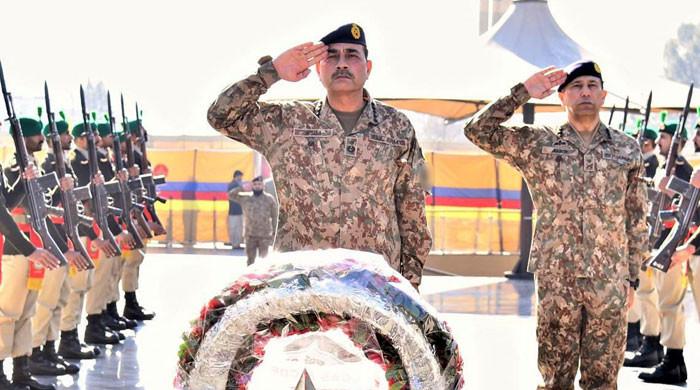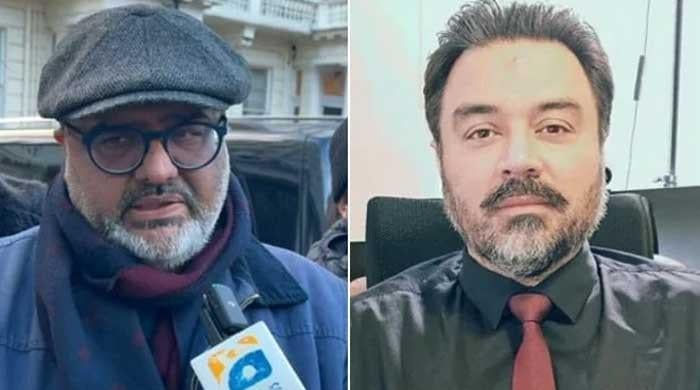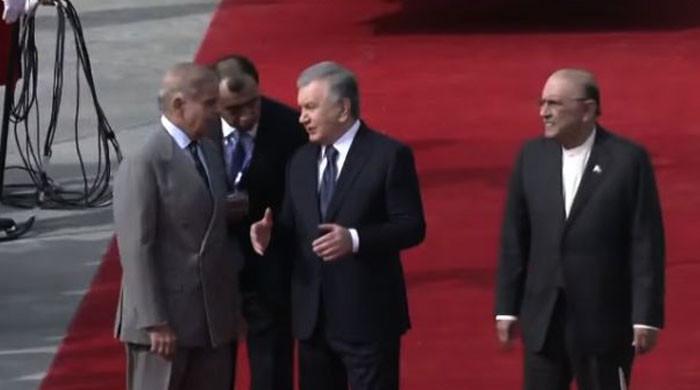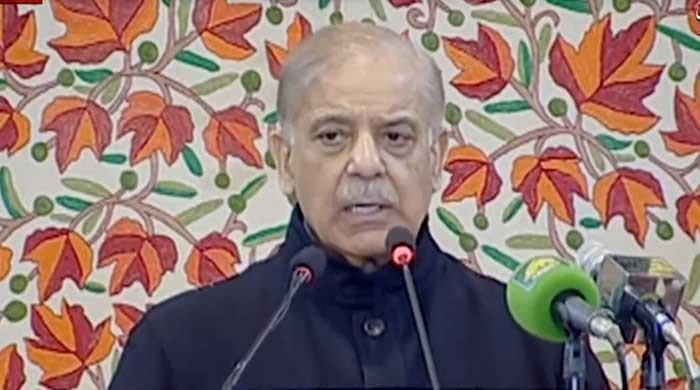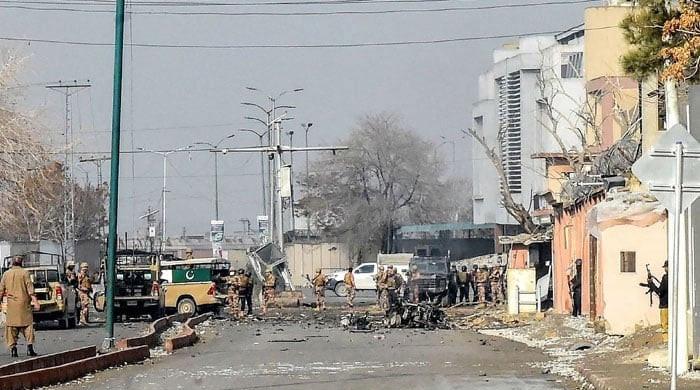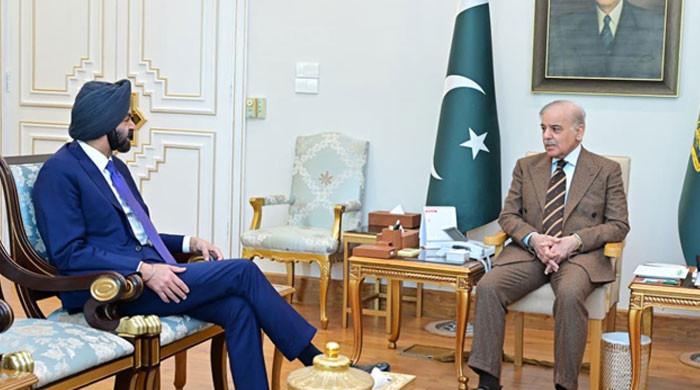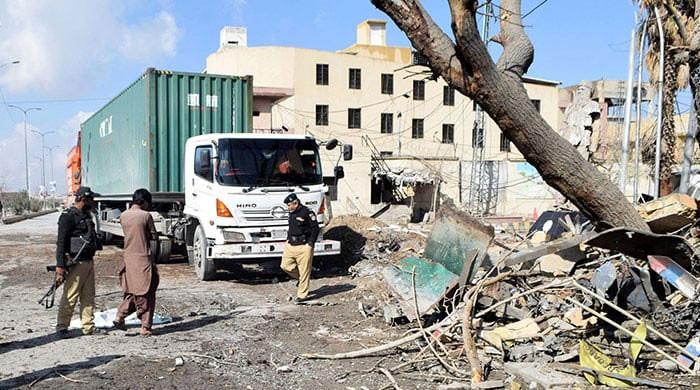Pakistan wants peaceful solution to Syria crisis
ISLAMABAD: Advisor to Prime Minister on National Security and Foreign Affairs Sartaj Aziz has said that Pakistan wants a solution to the Syra crisis through peaceful means.Giving a Policy Statement...
August 30, 2013
Giving a Policy Statement in National Assembly on Friday, the Advisor focused on Pakistan's relations with Afghanistan, India and United States and
voiced Pakistan's stance on ongoing strife in Syria.
He reiterated Pakistan's stance of non-interference and commitment to continue role in regional peace having cordial relations with neighboring countries.
"Afghanistan is important for Pakistan and we always desired peace and smooth transition over there," Aziz remarked.
"Afghanistan is passing through two pronged transition; military transition and political transition and its peaceful culmination is important for us."
In this regard he mentioned withdrawal of US and NATO troops as well as presidential election in Afghanistan next year.
"These changes will be challenging. If smooth transition is not reached, it will result in civil war which is also not in our benefit."
About Pak-India relations, the Advisor mentioned to dialogue process of 1999 and 2004 that he said was hampered due to military takeover of 1999 in Pakistan and Mumbai incident of 2008. "But, we have again started back channel diplomacy for composite dialogue. Both the Premiers also contacted twice on phone."
He added the escalation at Line of Control affected this process as India had been changing stance on the incident on LoC and did not accept Pakistan's offers for joint investigation as well as through UNMOGIP. Pakistan had also offered to strengthen the DGMOs contact and abide by the ceasefire accord of 2003.
But, he regretted the contradictions in India's viewpoint as well as lack of unanimity and said, India repeatedly claimed that Kashmir is a bilateral issue despite that there are numerous UN resolutions on Kashmir to settle the issue according to aspirations of Kashmiri people.
"Even if Pakistan tried to resolve the issue bilaterally, what was the progress. We did not receive an encouraging response from India. Is it not responsibility of international community to pay heed to these problems. They need to understand ground realities between the two nuclear powers of the region," he said.
Speaking on Pak-US relations, he said, relationship between the two countries has been going up and down on the see-saw of warmth and stalemate. When the United States needs us they bring warmth to relations. But, when their purpose is served, they start giving cold response.
In this regard, he mentioned different era of changing dimensions of bilateral relations, but stated, "our government successfully made US Secretary of State John Kerry to believe that Pak-US relations could not be seen through the Afghan lens."
He said both the countries have formed six working groups to complete the task for better relations. "We expect strategic dialogue next year and a meeting between Prime Minister Nawaz Sharif and US President in New York next month. Our priority of relations with United States is trade and not the aid."
On drone attacks, he said, UN Secretary General during his visit to Pakistan had acknowledged out stance and the US authorities will also be asked next month to stop drone attacks.
Discussing the ongoing strife in Syria, the Advisor said Pakistan is concerned of this wave in Muslim countries that has cost the lives of over 100,000 military personnel and civilians in Syria alone during last two years.
"As the US is preparing for aerial strikes within Syria, Pakistan believes that it will make the situation more concerning."
On the issue of using chemical weapons by the Syrian establishment, he said, Pakistan does not support use of chemical weapons but thinks that report of the UN Mission already present in the country should be waited.
Sartaj said Pakistan's stand on Syria is based on principles of international law and UN Charter to respect territorial integrity of Syria; the policy of non military or otherwise intervention and interference; settlement of dispute; and transition or transfer of power through peaceful means.





